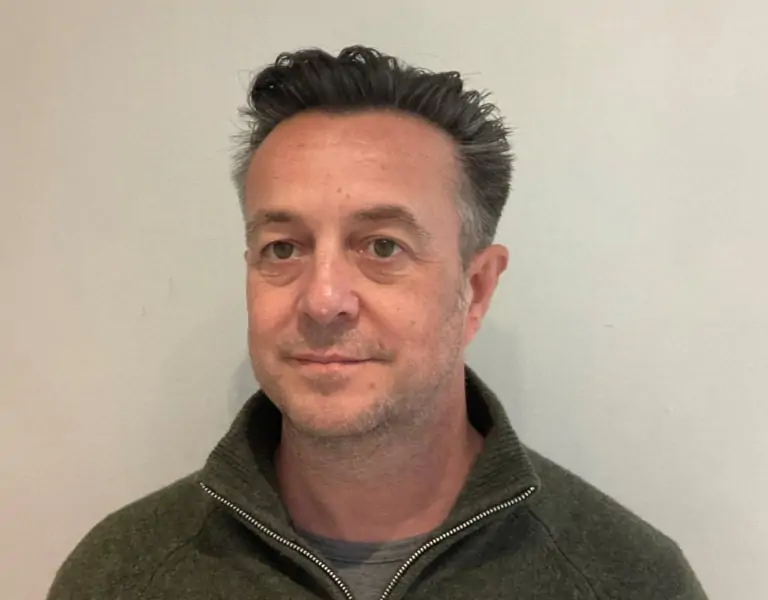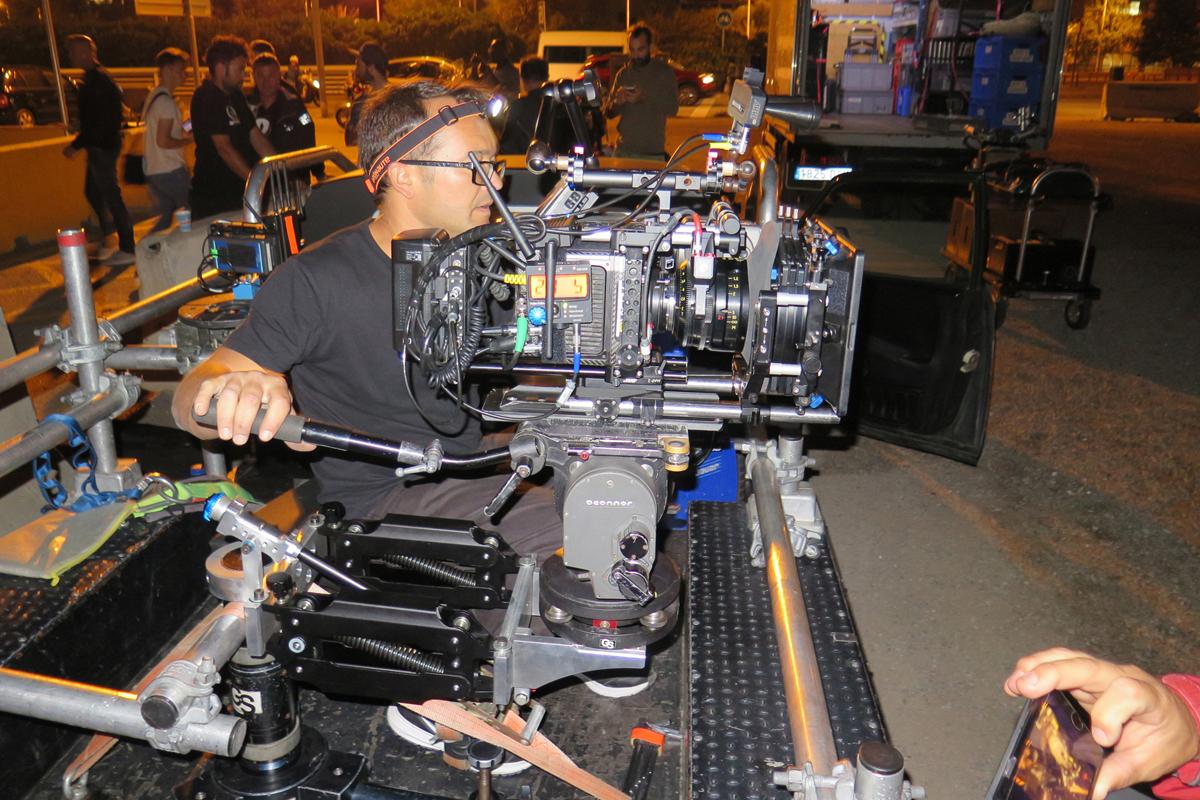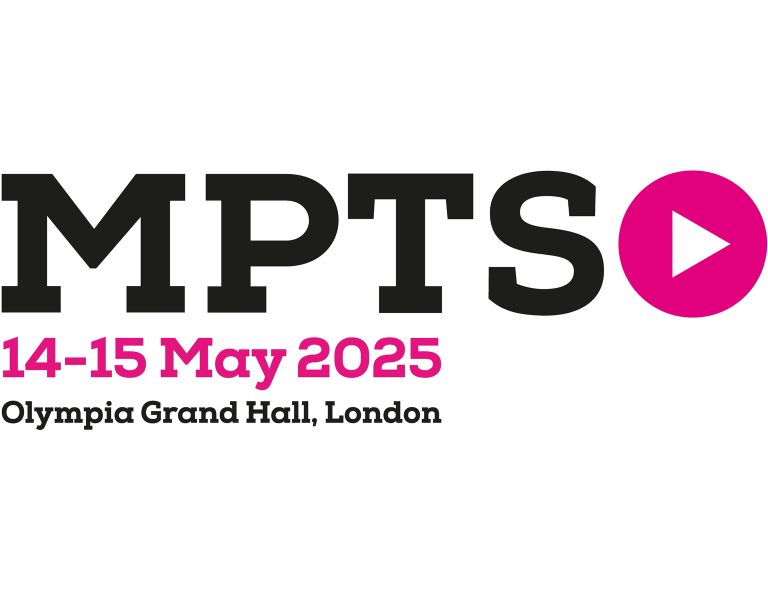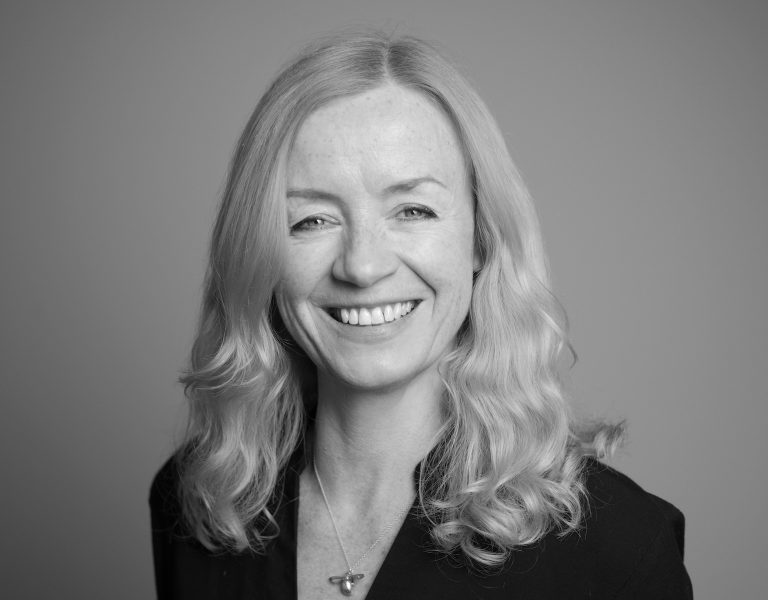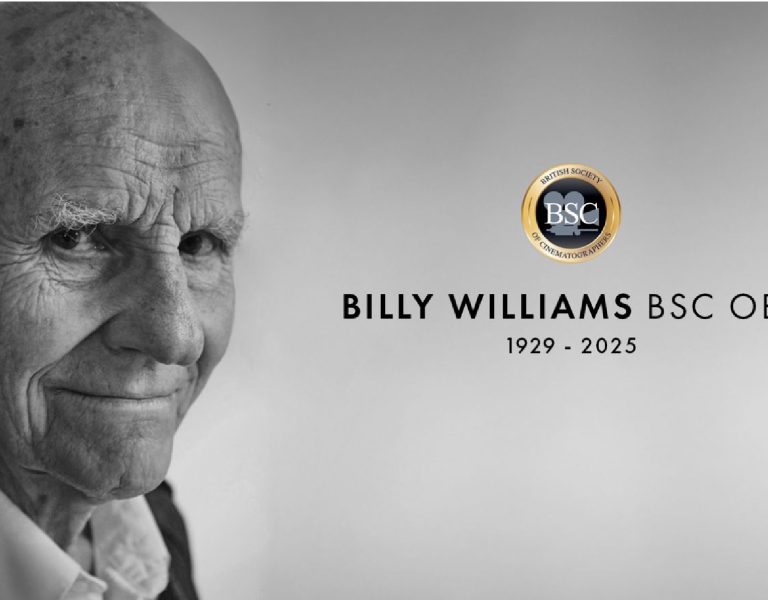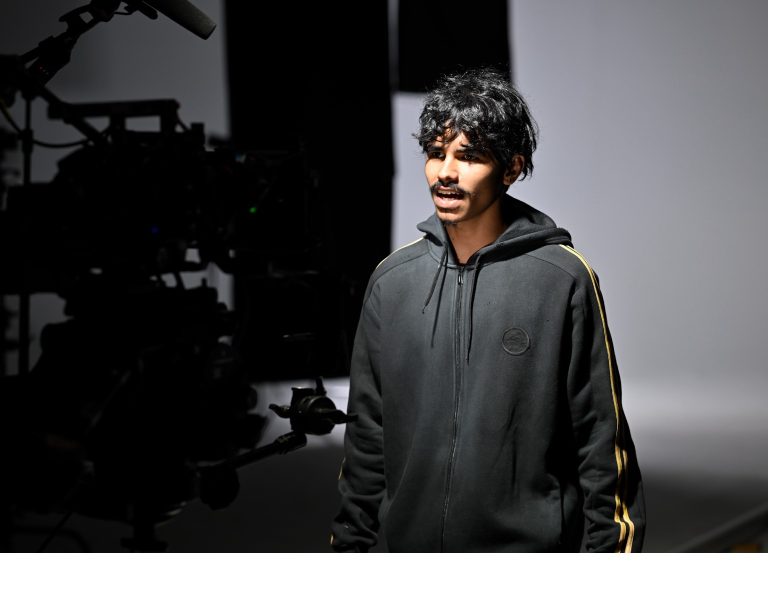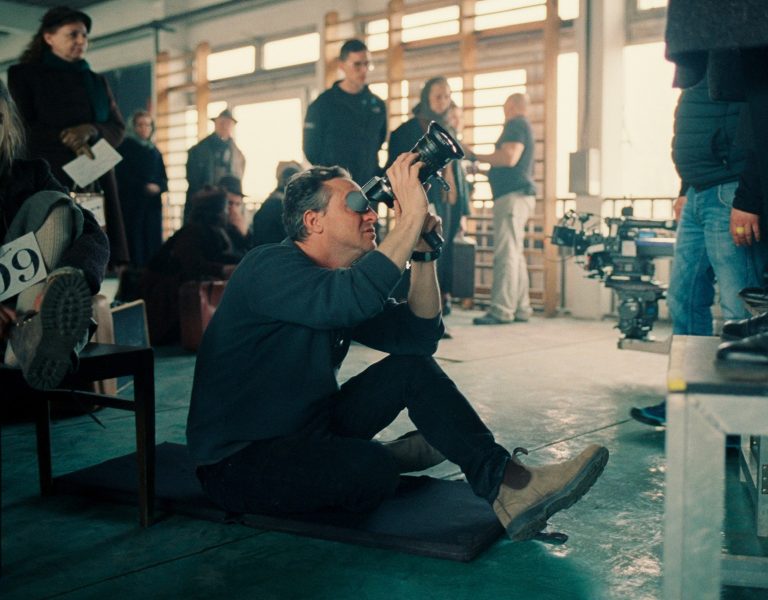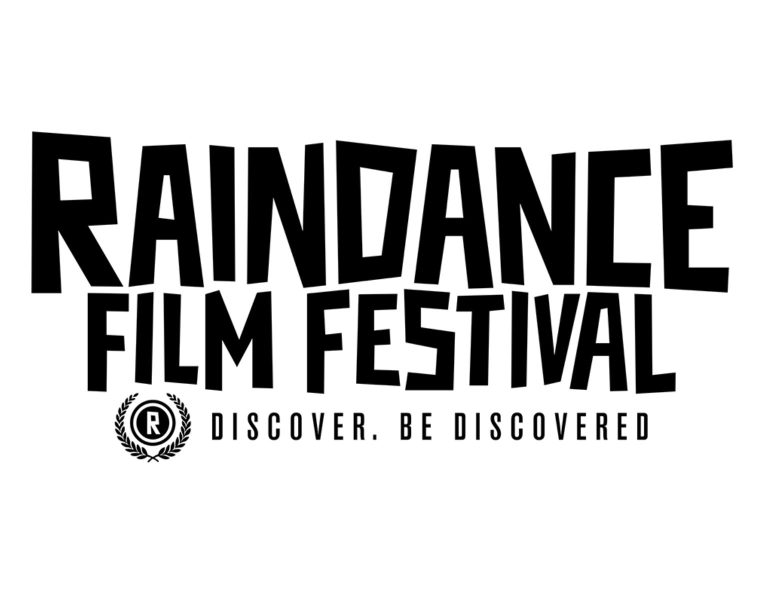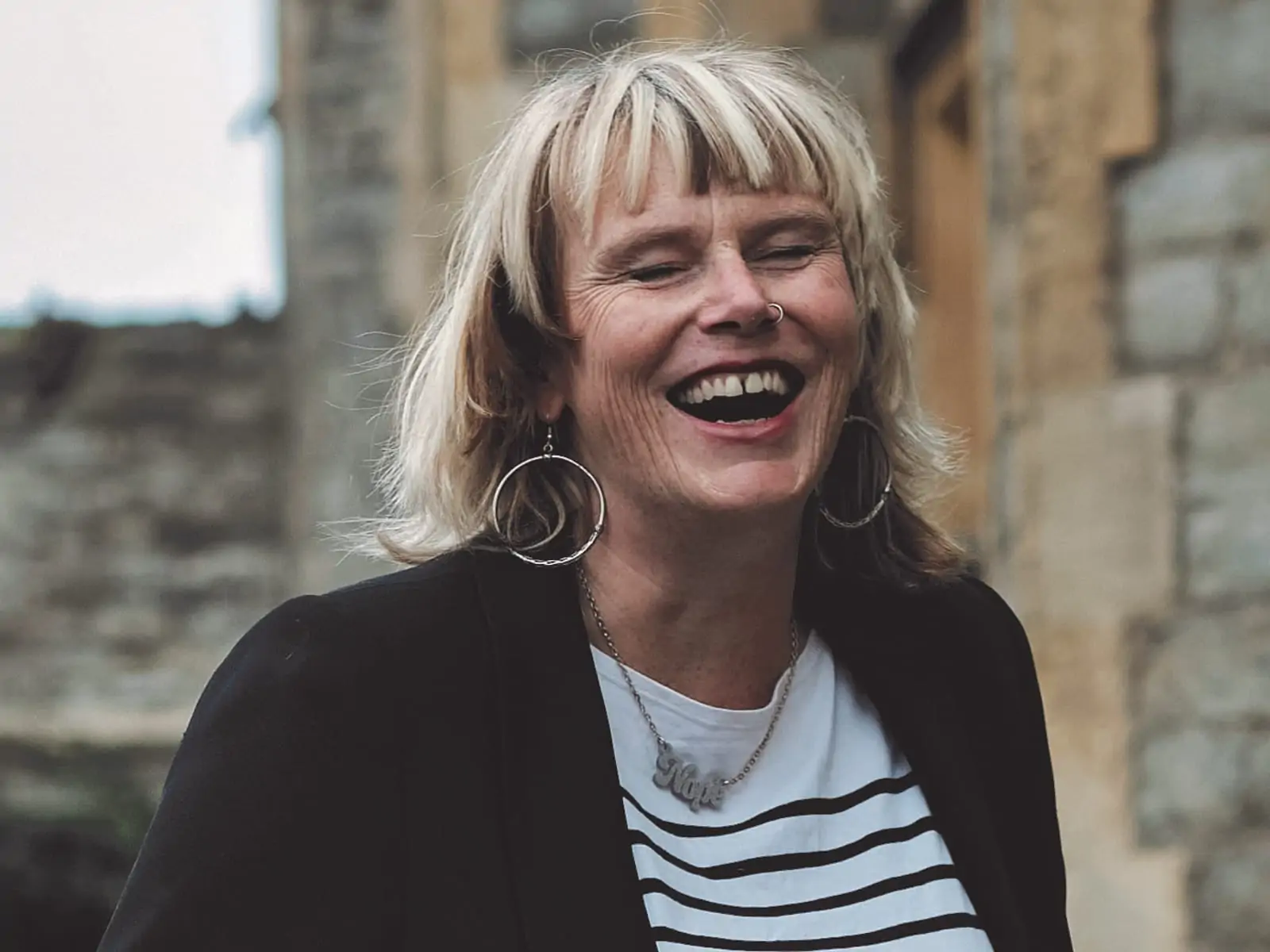
British Cinematographer‘s Tom Williams caught up with Freya Billington on the cusp of welcoming a new cohort of students at boomsatsuma. The course leader filled us in on what to expect from the new boomsatsuma BA (Hons) Filmmaking (pathways) Production & Post Production degree and the ideal candidate in her eyes.
Are you excited to get started teaching the course?
Oh my god, I can’t wait. All I can compare the last 18 or so months with is pre-production which I hate! I love it when you get on set and you finally get on with it, dealing with stuff as it happens instead of just talking about it, so I’ll be much happier when the students are here!
Why do you feel it is important to encourage people to get into this industry?
Let’s be clear, I’m not trying to encourage anyone who isn’t interested! I’m not here to make money as an educator! What I do think is important is to help people understand that there is a huge amount of employment opportunity in this industry and a large amount of jobs that would suit their specific skills. Getting that information out to people I think, is terribly important.
We’re missing a large number of diverse people in the industry and unless we make sure these people know what these roles are, that isn’t going to change. That’s what I think is important, and that’s what boomsatsuma is actively looking to address. I believe passionately in education right across the board, and truly believe that teaching is incredibly empowering. Giving people the opportunity to find out about things that they don’t really know, even at the most basic level, can help us move towards equality.
We can encourage people that don’t think this is the world for them and make them aware not only is that wrong but they could part of it and a huge asset.
What is it about the boomsatsuma courses that stand out?
boomsatsuma has been running as a FE college for ten years extremely successfully and winning awards along the way. Its ethos has always been questioning more traditional education and directing what it’s doing at students who don’t necessarily engage in the “traditional” way. Which, as we’re finding out, is more and more young people. boomsatsuma works with smaller groups of students so can look at the requirements necessary for each student and help to determine exactly what their potential is.
I’ve been teaching at HE level for the past ten years, I’ve run courses at various Universities which I made radical changes at. One of the hardest things is the sheer number of students universities are taking on, meant with no disrespect to the excellent universities where I taught. In addition, when I look at those courses, it’s clear they’re not attracting a large enough cross-section of students. Some of the things boom is really good at, is working with students at an earlier stage in their development and also being really embedded into the community, in this case Bristol. What we can do at degree level, is see what is working at the lower level, learn from it, adapt accordingly and take that into a more industry-focused stage.
The courses have a huge emphasis on networking, how important is teaching this skill at a young age?
Well, let’s be honest: networking in this industry is everything. Well, networking is everything in every industry! It is all about the way you communicate with other people, the relationships you form, learning to present yourself in the best possible way and knowing how to start conversations with people at all work stages.
We all talk about natural skills of communication without looking at wider social situations. If you’re coming from different social backgrounds, you might not be aware of the usual codes of specific networking situations. I have always taught “Soft Skills” – although I hate the term – as I see them as hugely important. Over lockdown I spoke to a lot of very respected industry members in my online series TeaAt3WithMamFromage and they all said the greatest skill was the ability to work well with other people. We should not assume these skills, especially as we are now coming out of a very strange period.
I always invite a wide selection of guest speakers from the industry and I want the students, to write to them after talks, frankly they have nothing to lose!
I also want to encourage that you don’t need to be loud to be good at networking. It’s about finding out the way that is right for the individual student to feel comfortable in that environment.
If you’re students could only take one lesson out of the course, would it be networking?
We’re going to do everything we can to train up our students so they are ready to enter the industry wherever there are gaps for them. They might not start necessarily where they want to end up, but we have a responsibility to give students the skills to move into positions that are actually there.
We’re also giving them three years that they’ll never get again in their life to find a voice. That’s unique and doesn’t happen ever again. I can teach them how to get a job really quickly – turn up on time, make people coffee and don’t be a pain in the arse! [Laughs] but they also need to learn what their skills are,. where their passion lies and to believe in themselves. That is impossible to give just one lesson and is why the course is three years.
What is the most important thing you’ve personally learnt during your time in the industry?
I learnt very quickly that I have the attention span of a flea, so I’ve moved around a lot in the industry. I started off making films and projecting them on the street, which maybe isn’t the best way to start a “career” but, I went on to work in Industry production and post production, direct and produce short films and along the way all sorts of different roles.
There are various things that stand out for me when I think about what I have learnt over my time working, the keys ones of are finding out how I work well and how I interact with other people.
What skills and strengths to do the lecturers on this course bring?
Well, in terms of myself, I write, direct and have a background in editing and post production supervision. I certainly have a more holistic approach to filmmaking and that’s how I’ve always taught it.
We’re being joined by David Neal who is an extraordinary ARRI-accredited lecturer, one of the only few in the country, and is technically incredible across the board generally. He is also extremely creative and a fantastic lecturer who I know and work together with really well. When I can choose I like to work with people who I trust and know will be really enthusiastic and maintain a good energy the entire time. He is also focussing a lot on dyslexia training within education and the Industry as a whole.
Kam Ghandi is also joining us. She is a writer/director and working in all sorts of projects at the moment including a new short she has produced which is coming out soon. She also works a lot with a range of diverse organisations and communities within the Bristol area and is extremely committed to change.
Finally, we have Nirmala Valinciute has worked at CVP for the last couple of years so is on top of all of the professional kit including ARRI, RED, Panasonic, Sony etc. She has also just produced a short for BBC New Creatives.
What’s great about all of us is that we’re all engaged in both teaching and production and working on projects all the time. We’re always bringing back new information, so no two lectures will ever be the same.
How impressed are you with The Bottle Yard Studios and Films@59 facilities in Bristol?
Bottle Yard is extraordinary, such an amazing success story. The number of productions that have been there that nobody really knows were made there is incredible and it has recently announced its expansion plans. boomsatusma also has one of their 16-18 year old’s course based there. Films@59 are incredibly committed to Bristol and alongside their extensive professional work they support so many independent filmmakers in all sorts of different ways, something they out of love for the community.
That seems like a perfect environment for students-
It’s perfect for bringing up young talent and supporting Bristol-based filmmakers. It’s important to mention at boom there isn’t a campus, we are everywhere, all over Bristol. In all these exciting places I’ve mentioned and many more – watch out we are expanding!
What would your advice be to young people who aren’t quite sure about taking the next step in the industry in a higher education environment?
Come and have a look around. Also, go and have a look at a lot of other places too. You’ve got the find the right place for you. I know that we’re going to be absolutely brilliant, but we can’t be right for everybody.
We’re bringing in a really interesting, diverse group of students. A lot of people we interviewed weren’t sure they’d ever be in a position to be interviewed for a HE course and many thought they’d never be comfortable in a degree environment until they found boomsatsuma. It makes your heart sing.
How would you describe the perfect candidate for the course?
It’s worth saying we are looking to encourage everyone from any background. Even if they haven’t though that much about HE, as this is not a traditional degree.
Ultimately the perfect candidate is someone who is prepared to work really hard, who is really excited and ready to go on the ride with us.
–
For more information visit here.
